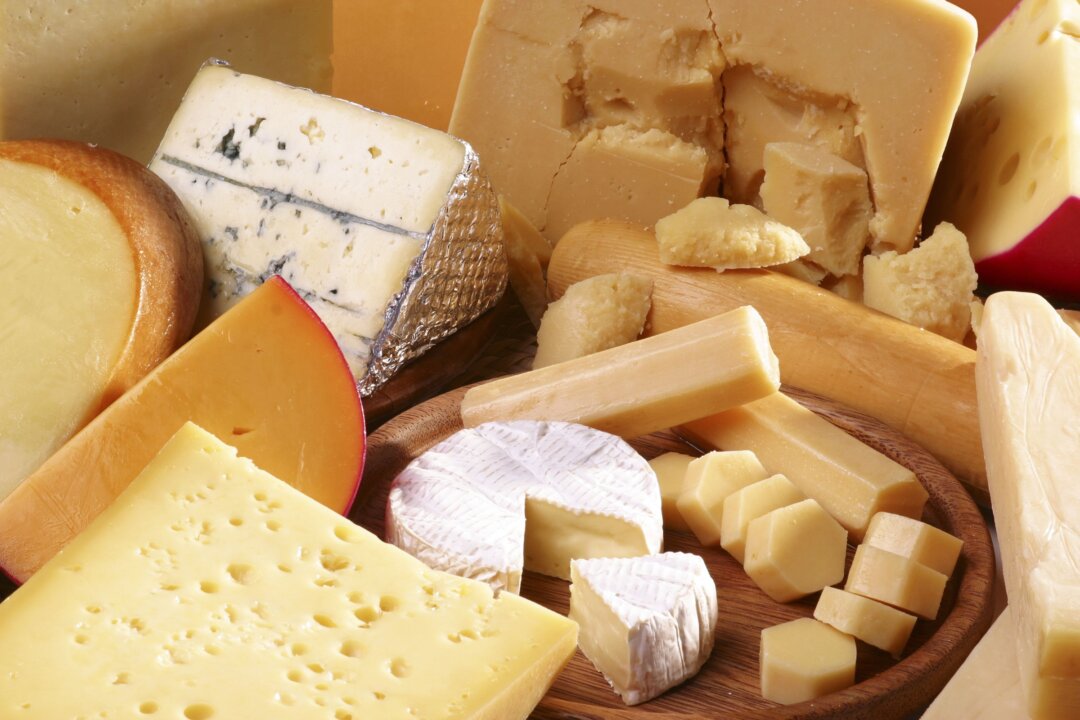I often say that if I were stranded on a desert island and only allowed one food, my choice would be real cheese—and by real cheese I mean cheese made with whole milk from cows allowed to graze on green pasture. (In the spirit of full disclosure, I am a cheesemaker.) Real cheese is a complete food.
It provides complete protein, a few carbs, a whole range of beneficial fatty acids, all the macro- and microminerals that humans need—especially calcium, phosphorus, and zinc—as well as every vitamin that humans require—the fat-soluble vitamins A, D, K2 and E, all the B vitamins, and even vitamin C. If you can get raw cheese, the enzymes intact in the final product make all these vitamins and minerals easy to assimilate. Among cancers, milk and dairy intake was inversely associated with colorectal cancer, bladder cancer, gastric cancer, and breast cancer.

Dairy product intake had a beneficial effect on bone mineral density. This analysis also found that consumption of dairy products was not associated with all-cause mortality, despite its saturated fat and cholesterol content. Of most concern is the inclusion of “natural flavors” in the ingredient list of most nondairy cheeses, as well as other problematic additives such as xanthan gum, citric acid, titanium dioxide, maltodextrin, carrageenan, and “yeast extract.
” “Natural flavors” are made in a lab, just like “artificial flavors.” The only difference is that artificial flavors are made from petroleum and ot.
















